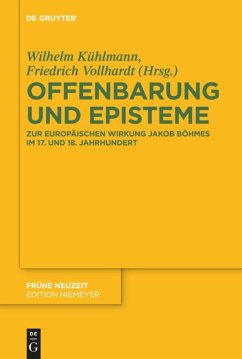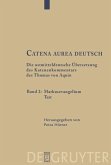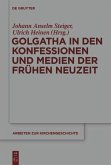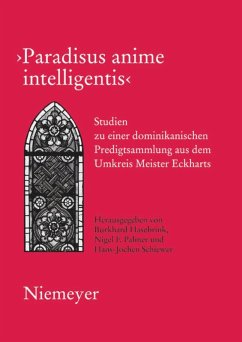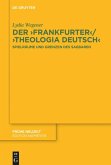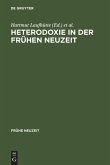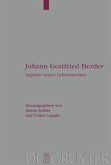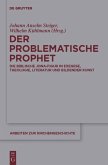For the first time, these proceedings from an interdisciplinary and international symposium use a broad foundation of sources to examine the first period (1620â??1790) in the history of the major European impact of Jakob Böhme, a history that extended well into the 20th century. The contributors reveal the conflicted and contrasting patterns and modalities of reception along with the different positions taken in response to Böhme in the works of important cultural figures. These studies show the existence of a conflict zone in intellectual history and also in the history of language and literature that extended beyond the German-speaking world.
Die Wirkung der Schriften Jakob Böhmes reicht bis weit in das 20. Jahrhundert, sie betrifft sowohl die Religions- und Philosophiegeschichte als auch die Literatur und Kunst in ganz Europa. Der vorliegende Band versammelt ausgewählte Plenar- und Sektionsbeiträge einer Tagung, in denen erstmals die verzweigten und konträren Auseinandersetzungen mit dem Werk Böhmes zwischen dem frühen 17. und dem späten 18. Jahrhundert auf breiter Materialgrundlage dargestellt werden. Dabei wird erkennbar, welche Bedeutung die theosophisch-hermetistische Weltsicht die sich mit Elementen der new science des 17. Jahrhunderts verband für die Entwicklung des modernen Denkens gewonnen hat.
Die Wirkung der Schriften Jakob Böhmes reicht bis weit in das 20. Jahrhundert, sie betrifft sowohl die Religions- und Philosophiegeschichte als auch die Literatur und Kunst in ganz Europa. Der vorliegende Band versammelt ausgewählte Plenar- und Sektionsbeiträge einer Tagung, in denen erstmals die verzweigten und konträren Auseinandersetzungen mit dem Werk Böhmes zwischen dem frühen 17. und dem späten 18. Jahrhundert auf breiter Materialgrundlage dargestellt werden. Dabei wird erkennbar, welche Bedeutung die theosophisch-hermetistische Weltsicht die sich mit Elementen der new science des 17. Jahrhunderts verband für die Entwicklung des modernen Denkens gewonnen hat.

